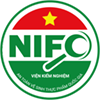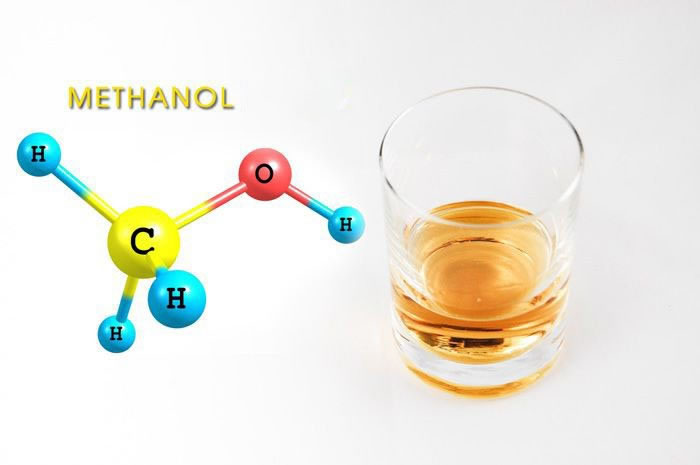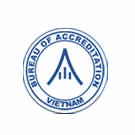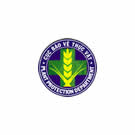- Folder Newsletter
- Views 5855
- Last Updated 15/11/2022
Celebrities take advantage of their exposure on social media to endorse products, but many of the advertisements are found to make false claims.
Recently, an ad in which a famous MC endorses a supplement that supposedly cures joint pains, herniated discs and gout appeared constantly on social media.
Last year, she had to make a public apology after endorsing a product whose benefits were found to be exaggerated.
"This ad was ridiculous, and its claims about curing chronic diseases is a scam," a doctor specializing in spine and disc diseases in HCMC says.
"We need to call out these influencers who do ads that are health-related like this one."
And then there is the actor who often live streams to promote a milk product for the elderly and claims two glasses a day can reduce joint pain.
Not long ago an actress revealed her secret to reducing joint pain in an ad: a water-based supplement. She later appeared in a milk ad saying it cures gout within 40 days.
Vague and exaggerated ads are becoming a problem since they could affect the health of people who buy and use them.
Dr Tang Ha Nam Anh, Chairman of the Vietnam Association of Endoscopy and Arthroscopy said: "This is an alarming situation. Besides celebs, there are also doctors and influencers and key opinion leaders (KOL), who talk up the use of supplements under pressure from companies."
Supplements may not have side effects but their ingredients and origins must still be monitored by authorities, and the same goes for plant-based medicines, he says, explaining that many supplements and traditional medicines are mixed with modern drugs like corticosteroids for pain reduction.
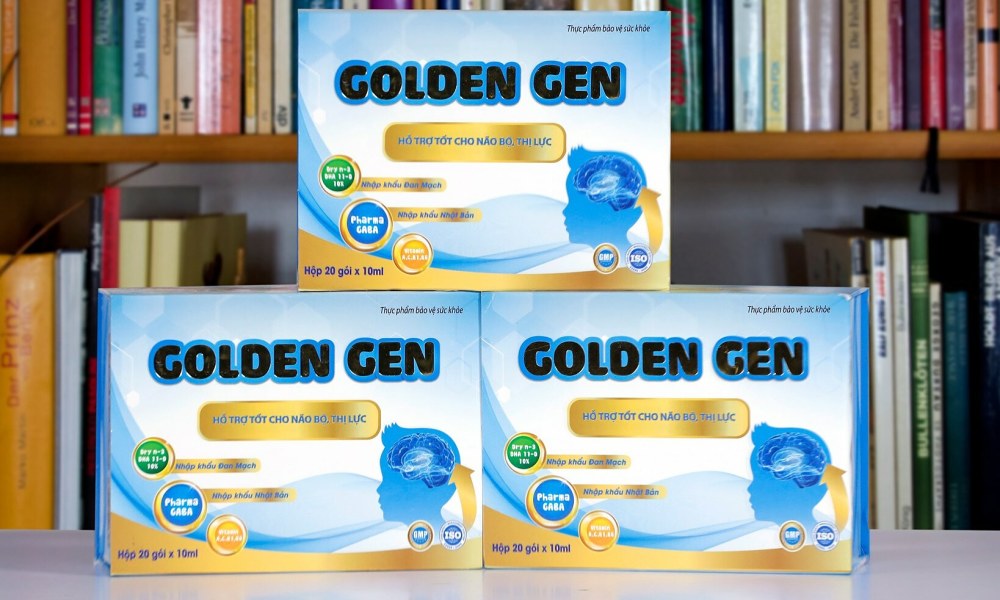
A supplement for kids that received a warning from the Ministry of Health's Food Safety Department for making exaggerated claims. Photo courtesy of Golden Gen
People who use them can suffer from complications and side effects, Thanh Nien newspaper quoted him as warning.
"Only doctors and pharmacists have the knowledge to diagnose and prescribe medicines. It is very dangerous to listen to influencers and KOLs."
Dr. Nguyen Phan Tu Dung, director of JW Hospital, is also upset with absurd ads about supplements, medicines and beauty products on social media.
"It’s very dangerous to promote and advertise everything using social networks because most people trust celebrities these days, and so are easy victims," he says.
"Many people have fallen for this advertisement trap on social media."
Influencers and KOLs also do online advertisements of tech and household products and food, which they cleverly place among their social media content.
On TikTok, there are many vague food reviewers who did it just for the money and do not care about the actual quality.
Not long ago a TikToker was accused of receiving money from restaurants and giving them over-the-top reviews.
This has happened many times on social media in the past too.
Mai Anh, a fourth-year student in Hanoi says: "Last month I went to this hot pot place in Dong Da District after seeing a review by a TikToker. He said that place has the cheapest and most delicious hot pot in Hanoi. I was curious and gave it a try. But the beef was disgusting and the broth was bland. It was a waste of money."
At a National Assembly session in November, standing member of the Culture and Education Committee Bui Hoai Son spoke about the fake advertising problem and said the law on consumer rights needs to be amended to fix its shortcomings.
"Celebrities and artists nowadays are very weak and are always advertising medicines for back pain, knee pain, headache, and even erectile dysfunction.
"They are famous people who can influence consumers, and so they need to be monitored."
The Ministry of Information and Communications has recently drawn up a draft of amendments to the law that is expected to be taken up at the end of this year.
It proposes that social media channels and accounts with 10,000 or more subscribers should provide contact information to the ministry.
Websites and apps that produce content with more than 100,000 regular visitors a month must notify and confirm their activities with the ministry.
Source link: https://e.vnexpress.net/news/trend/more-celebrities-condone-false-advertisements-4545332.html
